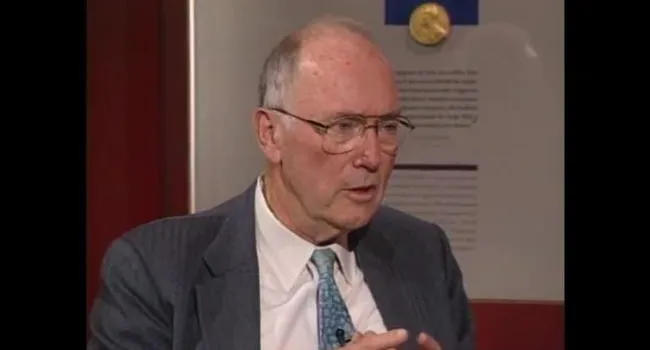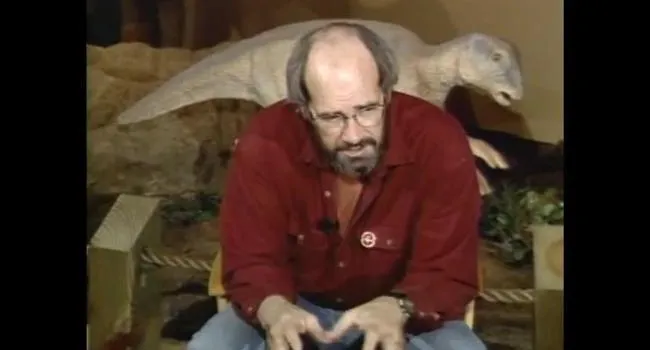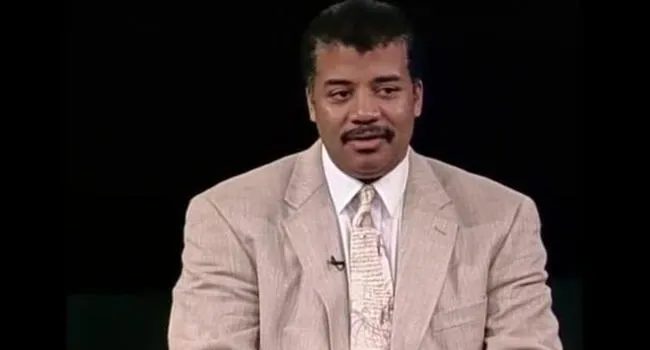In Part 2, Dr. Neil deGrasse Tyson is asked about the American space program no longer leading, in comparison to other countries. When asked where we should go with space exploration in the future, Dr. Tyson responds, "Mars and beyond." He makes the point that America needs to take on the leadership role we once had in space exploration because it excites interest in science, technology, engineering and math, fuels the economy, and brings new waves of scientists and engineers through our universities and into our population, ready for innovation. He states that other countries are leap-frogging us.
Dr. Tyson discusses that the moon doesn't have an iron core. Anything that size should have an iron core. The solar system probably began with many more planets than the eight we have now.. Their orbits became unstable and they flew into interstellar space. Earth most likely sustained a major collision from a Mars-sized proto-planet in the earliest days of the solar system. Earth probably got side-swiped and the outer layers were ripped off and formed the moon, which is why the material on the moon matches that of Earth. We used to believe we had only animals and plants, but we now know that there is another entire branch of life called the extremophiles--bacteria that thrive under conditions that would kill us. Dr. Tyson believes that we will discover evidence of life that has no origins traceable to Earth on Mars or somewhere else in the solar system where liqid water is present.
Of the books Dr. Tyson has written, his favorites are his first and second books, "Merlin's Tour of the Universe" and the sequel, "Just Visiting This Planet." Those are his sentimental favorites. But the most-read is "Death by Black Hole." He mentions how dissatisfied he was to note that after all the promotion that was done around "The Titanic" concerning its accuracy, it had the wrong sky overhead, when Kate Winslow looked up. "Death by Black Hole" has stories like that in it--journeys in and out of the scientific process.
The discussion turns to black holes, the speed of light, asteroids, the time/space continuum, his work on the commission that studied the future of the aerospace industry in America, and the committee that advised the president on who would receive the Presidential Medal of Science.







